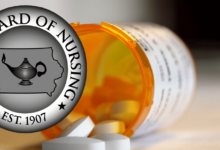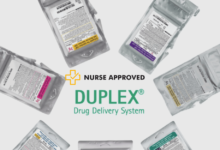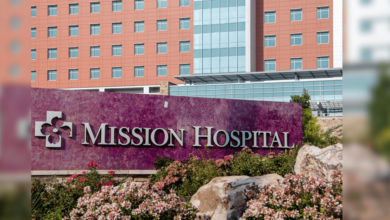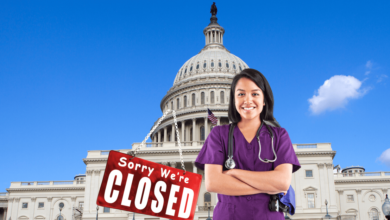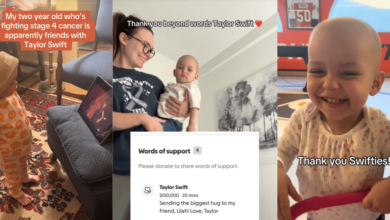Nurse and Breast Cancer Survivor Julia Boone Urges Women: Don’t Delay Your Mammogram

When Nurse Practitioner Julia Boone at MUSC Health Lancaster in South Carolina found herself swapping her scrubs for a hospital gown, her view on breast cancer screening hit a little closer to home. Julia has always been devoted to caring for others, following her family’s footsteps into healthcare, but she never imagined her professional world would collide so intensely with her personal life.
October is Breast Cancer Awareness Month, and Julia’s experience serves as both an inspiration and a rallying cry for early detection.
- Breast cancer accounts for about 30% of all female cancers diagnosed in the U.S. each year.
- In South Carolina alone, approximately 4,762 new cases are diagnosed annually, with 738 lives lost to the disease.
- These numbers are more than just statistics—they’re a call to action.
Julia Boone, both a healthcare provider and now a survivor, emphasizes just how crucial early detection can be. The facts speak for themselves: if breast cancer is caught early, before it spreads beyond the breast, the five-year survival rate is 99%. Once it reaches nearby lymph nodes, that rate drops to 84%, and if it spreads to distant organs, it falls sharply to 23%.
Early detection isn’t just a campaign slogan, it truly saves lives.
The American Cancer Society recommends that women at average risk begin annual mammograms at age 40. For those with a strong family history or other risk factors, such as prior radiation exposure or hormonal influences, starting earlier may be warranted after consulting with a healthcare provider.
Julia has seen firsthand that many women delay mammograms out of fear or because they’re busy caring for everyone else. It’s a pattern nurses recognize all too well, not just among their patients, but sometimes within themselves, too.
Access to screening can still be a major hurdle, especially in rural areas of South Carolina. Fortunately, most insurance plans cover mammograms, and programs like the Best Chance Network offer free or low-cost screenings for uninsured individuals. Some hospitals, such as Beaufort Memorial Hospital, are even offering $99 mammograms throughout October to help improve access.
Julia’s approach to patient education is both simple and effective: know your personal and family history, perform routine self-exams, and report any suspicious changes without delay. She also points out that nurses play a pivotal role in starting these important conversations. Patients often feel more comfortable opening up to nursing staff about sensitive health concerns.
For those working in primary care, OB/GYN, or oncology, incorporating brief breast health discussions into regular patient interactions can make a real difference. Even a quick, “When was your last mammogram?” can be the reminder a patient needs to take action.

Julia Boone’s story isn’t just for patients, it’s also a reminder for the nursing community itself. Nurses are often the backbone of patient care, but too often they put their own health last. Self-care isn’t selfish, it’s essential.
As Breast Cancer Awareness Month continues, her experience as both a provider and survivor stands as a powerful message: early detection remains our strongest weapon in the fight against breast cancer. So let’s keep the conversation going, not only with patients, but among peers as well. Because the takeaway is clear: take care of others, but don’t forget to take care of yourself too.
